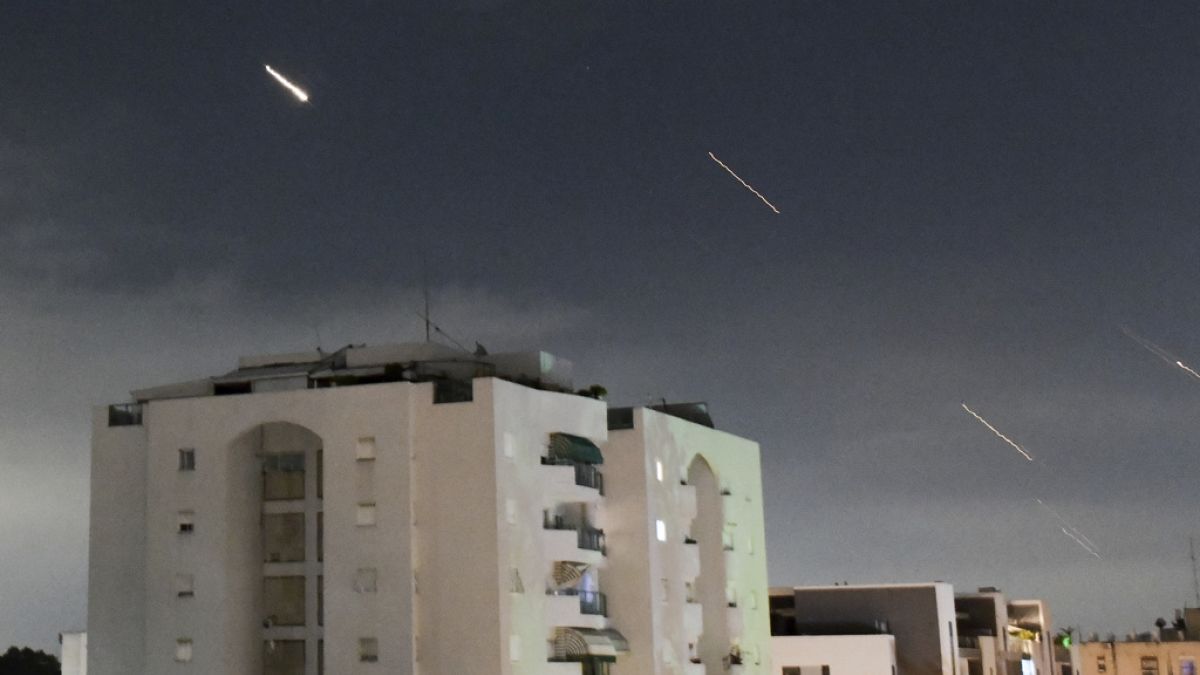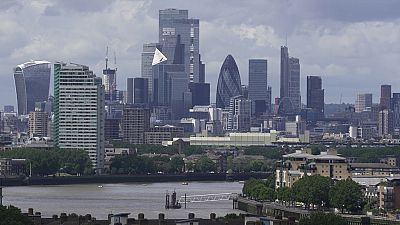In the wake of Iran's recent offensive against Israel, investors have been on edge, speculating about the potential ramifications for commodities. Here's a breakdown of the situation and its possible impacts.
On Saturday, 13 April, Iran unleashed a barrage of 300 aerial drones and missiles toward Israel in a retaliatory move. While Israeli defences, bolstered by support from the US, UK, and European allies, reportedly neutralised 99% of the threats, the incident has sparked concerns of escalating tensions in the volatile Middle East.
Following the attack, the White House clearly opposed any Israeli retaliatory strikes against Iran, aiming to prevent further escalation into a regional war. Yet, the Israeli war cabinet remains divided on how and when to respond, a situation that adds layers of uncertainty to an already precarious situation.
Despite Israel's successful defence against Iran's attacks, geopolitical tensions in the Middle East continue unabated, posing potential risks to global commodity markets.
Impact on oil prices
On Monday morning, oil prices experienced a 1% decline, with West Texas Intermediate (WTI) falling to $84.80 per barrel and Brent crude declining to $89.50 per barrel as of 12 noon (CET).
This initial reaction was influenced by the nature of Iran's attack, which Goldman Sachs described as "well-telegraphed and relatively limited".
However, the potential Israeli response to Iran's attack remains highly uncertain and is expected to significantly influence the stability of the regional oil supply.
According to Goldman Sachs, Iran's crude oil production has increased to approximately 3.4 million barrels per day, accounting for 3.3% of the global supply and marking an increase of about 0.6 million barrels per day over the last two years, with the majority of exports directed to China.
While oil prices currently include a risk premium of $5-10 per barrel due to potential supply disruptions, they are susceptible to spikes in response to any escalatory developments.
Precious metals show modest gains, industrial metals brace for Russian sanctions
Contrary to expectations that gold might spike as a safe haven asset, the immediate aftermath saw only a modest increase in precious metals.
The slight 0.4% rise in gold prices suggests that while investors remain wary, there isn't a frantic shift towards this traditional safe haven, likely due to a strong global effort to prevent further conflict escalation. Conversely, silver experienced a notably larger increase, up 1.3%.
While escalating tensions in the Middle East could impact demand for precious metals, the outlook crucially on interest rate prospects, with central banks potentially reassessing the path for rate cuts due to higher geopolitical and inflationary risks.
On Monday, Lithuanian ECB member Gegiminas Simkus stated that geopolitical shocks such as an escalation in the Israel and Iran conflict could cancel the ECB June rate cut.
On the industrial metal front, the US Treasury and UK government announced fresh sanctions on Russian aluminium, copper, and nickel. Taking effect immediately (from 13 April), these measures, which prevent Russian metals from being traded on Western exchanges (LME, CME), are designed to tighten the economic pressure on Russia.
Goldman Sachs has indicated that these sanctions may not immediately disrupt supply-demand dynamics, as Russian producers can continue to sell to non-UK/US exchanges. Western economies have already meaningfully reduced their exposure to Russian aluminum over the past two years, with European countries importing less than 10% of their overall aluminum imports from Russia.
China, India, and Turkey are likely to absorb any incremental Russian metal given probable price incentives, Goldman Sachs said. Aluminium prices rose 2.1% on Monday, copper fell 0.7%, and nickel held steady.
In summary, while the immediate impact of Iran's attacks on commodity markets has been relatively subdued, ongoing geopolitical tensions and policy responses will continue to influence investor sentiment and drive market fluctuations in the days ahead.



